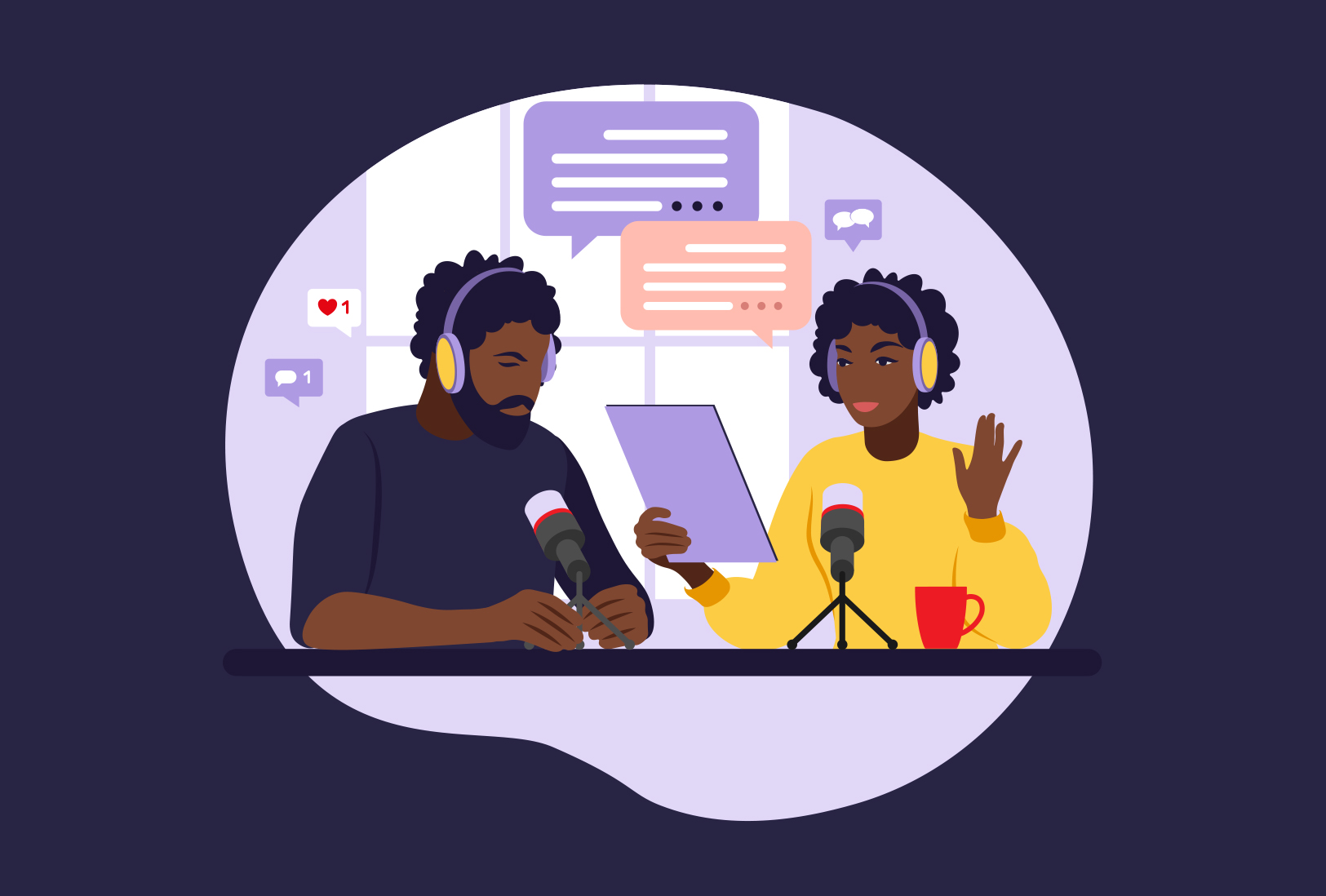

How Radio Can Bring Together Doctors and Patients to Improve Outcomes
In the 1930s, people said television would kill broadcast radio. Similar predictions of radio’s demise involved the Walkman, MTV, the iPod, and online streaming.
Video never killed the radio star, as The Buggles famously claimed 40 years ago. We’re not sure, however, whatever happened to music videos.
Today, radio reaches 88 percent of American adults each week. For perspective, Google has about 246 million unique users, which is just over three-quarters of the US population.
That brings us to radio’s biggest advantage over online platforms – reach. Radio is a mass medium designed to reach as many people in a specific geographic area as possible. Streaming, social media, podcasts, and online show archives have only extended that reach. Listeners have the flexibility to listen in the car, at work, or while making dinner or working out.
This creates tremendous opportunities for healthcare publishers to share useful information in their communities, and for marketers to associate their brands with this content and connect with their audience.
Improving Outcomes by Informing the Community
Tamara Thomas, Editor-in-Chief of Urban Health Today and host of Urban Health Weekly, uses the power of radio to have discussions about a wide range of health issues with both patients and frontline doctors.
“Urban communities often experience disparities in terms of diversity among medical practitioners and access to high-quality care,” Tamara said. “We use our platform to provide relevant information to touchpoint providers, such as primary care physicians, pediatricians, and nurses. It’s also important for patients to become more knowledgeable about these issues so they feel empowered to become active participants in their own well-being.”
The goal is to create a deeper, more meaningful dialogue between providers and patients, which can lead to better outcomes.
Tamara recently shared the story of a friend who had been complaining to her doctor for years that she was having heavy periods. The doctor dismissed her concerns because she didn’t have the outward appearance of the primary symptoms. When the doctor finally tested her, she was diagnosed with polycystic ovary syndrome.
This was a case of the doctor not digging deep enough, and the patient not knowing what questions to ask.
“The doctor simply could have asked how she defined a heavy period,” Tamara said. “When my friend researched the subject, answered her own question, and told the doctor she was using 10 tampons a day, he reluctantly agreed to test her. He didn’t even have to send it to the lab. She ended up having endometrial cancer.”
Information Is for Everyone
This kind of story is all too familiar in urban areas with healthcare disparities. Urban Health Weekly is using radio to let people know that this information is equally accessible to everybody. You don’t have to be a clinician to be knowledgeable.
“These conversations are not physician-led,” Tamara said. “This is intentional because we don’t want to feed the perception that physicians have all the knowledge and power, which can create barriers between patients and providers. Doctors don’t possess this information. Everyone has the power to find it, learn it, and use it.”
Radio enables the host to have a conversation and make a personal connection with listeners. Unlike technical research papers and articles, information is shared in a way that’s relatable and easy to understand, using real-world examples that patients can use in their own conversations with doctors. For example, Urban Health Today will soon dive into the topic of ovarian cancer. More specifically, dialogue will focus on whether to remove the ovaries, as doctors suggest, or to remove the fallopian tubes – where research is showing many ovarian cancers originate. Although this program would never tell a listener to not follow medical advice, patients should learn more about their options as a host of quality-of-life risks exist.
Another new program launching soon will be a Nursing Disparities Knowledge Hub focusing on Black Nurses. This will feature Video interviews with Nurse KOL’s with sponsors, such as Darzalex.
Advertisers are keenly aware that they can then deliver their messages to these highly engaged patient and provider audiences.
For Tamara, it’s all about helping people in the community.
“I’ve had people write to me and say they were so glad I brought up a certain issue,” Tamara said. “They thank me for talking about a particular topic, so they know what to ask, or insist upon, when they see their doctor. That affirmation is very rewarding.”
AMC Media Group has extensive experience helping healthcare publishers and marketers tap into the power of radio. If you’d like to discuss different ways radio can be used to connect with your target audience, contact AMC to schedule a consultation.
Want to find out more about sponsorship or advertising with Urban Health Today or Urban Health Weekly? Contact Courtney Leonard, Courtney@mashupmd.com
